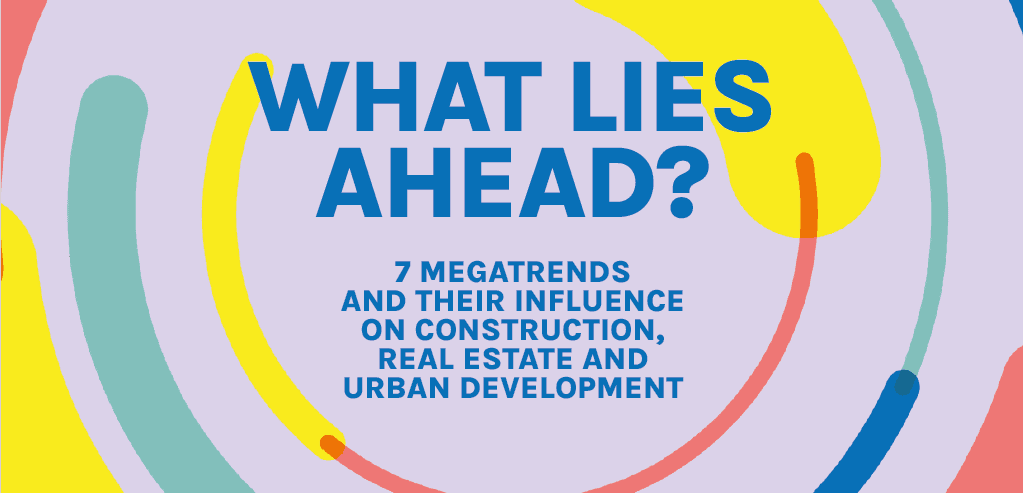
Smart cities will have to be transparent and inclusive
4 minutes of reading
More and more sensors and cameras are popping up in cities. So what is being done to protect people’s private lives?

This is one of the many questions that the Cities Coalition for Digital Rights must answer. The coalition was launched in November 2018 by New York, Amsterdam, and Barcelona.
It aims to defend United Nations values regarding digital technologies. In addition to examining the protection of private lives, the coalition intends to examine issues relating to equal access, the transparency of institutions, and participative democracy. The coalition hopes to gain new cities as members and it hopes to lead working groups to compare the results of their efforts.
It will be able to drawn upon the data from Barcelona and the Decidim platform. Launched as an open source platform in 2017 thanks to the support of mayor Ada Colau Ballano and the experience of the Indignados Movement, the platform allows citizens to consult information online and is useful for organising debates, budget votes, and schedules.
The Cities Coalition for Digital Rights is not the only alliance examining the problems arising from digital technologies. During the 2018 Smart City Expo World Congress (SCEWC), 42 large cities signed a joint declaration to create better frameworks for platforms such as Airbnb or Uber. The declaration lays out ten principles including respectful practices regarding labour rights and users’ rights, transparency of algorithms, the sovereignty of municipalities, public interest, and respect for the needs and context of the cities’ inhabitants.
More reading
Read also




What lies ahead? 7 megatrends and their influence on construction, real estate and urban development
Article
20 minutes of reading

